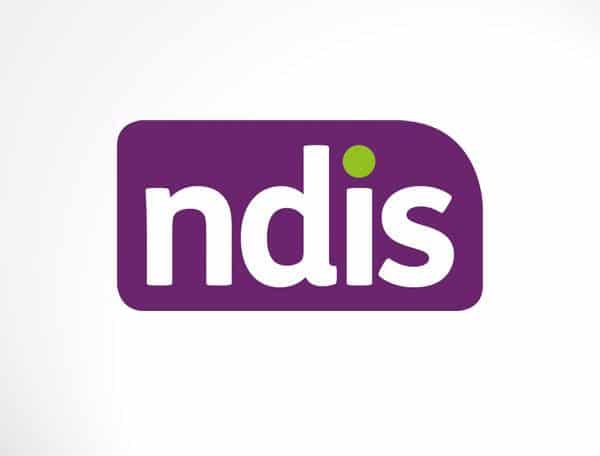Personal injury cases demand a thorough understanding of not only an individual’s medical condition but also the far-reaching effects of their injury on everyday life. Occupational therapy (OT) assessments have become an increasingly valuable tool in personal injury law. These assessments help lawyers ensure that the client receives the necessary compensation they are entitled to, occupational therapists are experts in evaluating how injuries or impairments influence a person’s ability to function at home, in the workplace, and within their community. Their meticulously documented reports provide an in-depth picture of the injured person’s capabilities and potential challenges, which is critical information for securing fair compensation.
Functional Limitations and Their Financial Impact
Injuries can lead to a wide range of functional limitations that can substantially impact a person’s quality of life and financial well-being. OT assessments go beyond listing diagnoses to pinpointing exactly how an individual’s injuries hinder their daily routines. For example, an OT might observe that a shoulder injury limits someone’s ability to reach overhead, dress independently, or drive safely. OTs can even simulate work-related tasks to gauge how an injury would affect a person’s job performance.
This documentation has direct financial implications. Compensation calculations for personal injury claims often centre around loss of function and loss of earning capacity. OT assessments provide concrete evidence of how an injury translates to reduced independence and limitations in the workplace, supporting a stronger case for compensation.
Identifying Past & Future Care Needs
A comprehensive OT assessment includes a detailed evaluation of both an injured individual’s past and potential future care needs related to the compensable injury. In-depth observations of the examinee’s current function and clinical knowledge of various conditions can help inform projections for how their needs might evolve over time. OTs can assess the need for home modifications, assistive devices, and personal and domestic care assistance, even if these supports are not yet in use.
This long-term perspective is crucial. Anticipating future care needs allows lawyers to make more accurate financial projections and argue for compensation that will cover these essential costs. This proactive approach demonstrates a commitment to securing the resources necessary for the client’s ongoing well-being and recovery.
Impact on Work Capacity
The ability to return to work after an injury is a major concern for clients and a key factor in compensation awards. OTs use a variety of methods to assess an individual’s work capacity and readiness. This may include functional capacity evaluations, task simulations, and the use of standardised assessments. OTs can also offer recommendations for job modifications or vocational retraining if an injured person cannot return to their previous line of work.
A thorough OT assessment of work capacity supports compensation claims related to lost wages and reduced earning potential. Clearly documented limitations and well-supported work restrictions form powerful evidence that lawyers can leverage during negotiations or court proceedings.
Going Beyond Medical Reports
By going beyond medical reports, OT assessments add significant value to personal injury matters. They provide:
- Detailed documentation of functional limitations impacting daily life and work.
- Strong evidence of future care needs, securing future resources.
- Objective evaluation of work capacity, supporting claims for loss of income.
Prudence OT offers expert occupational therapy assessments tailored for personal injury matters. Our team is committed to delivering thorough and unbiased reports to ensure the matter gets the compensation it deserves.
Help your caseload with actionable OT medico-legal reports
Contact Prudence OT today to learn more about how our OT assessments can support your personal injury matters. Share this blog post with your colleagues to help them discover the power of OT in maximising client outcomes.





0 Comments